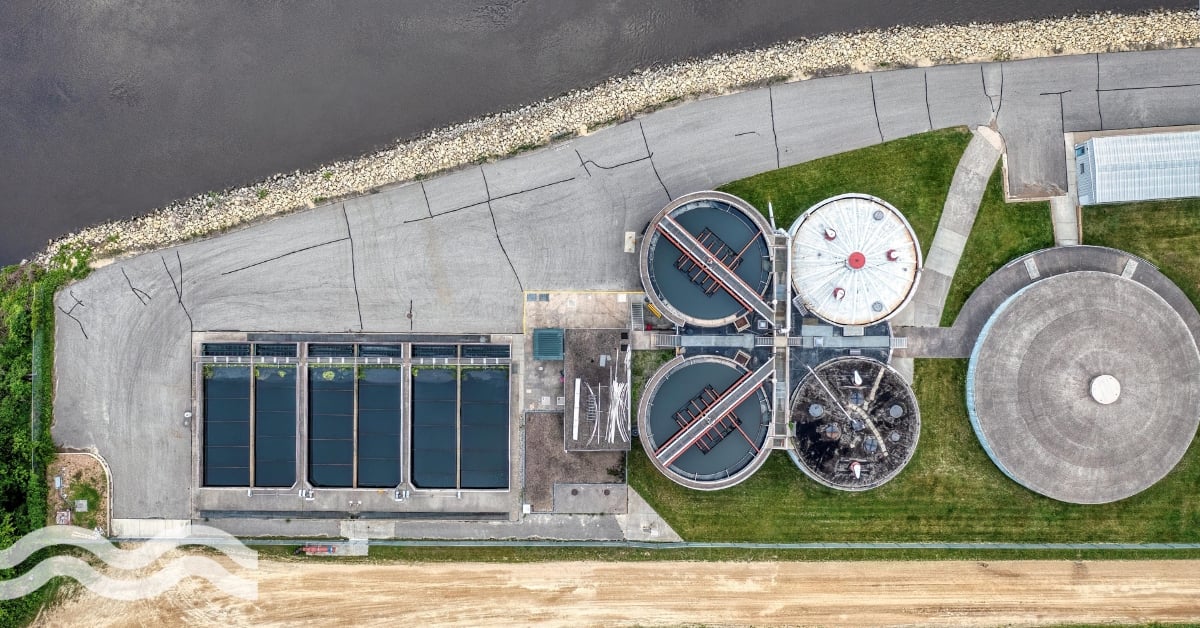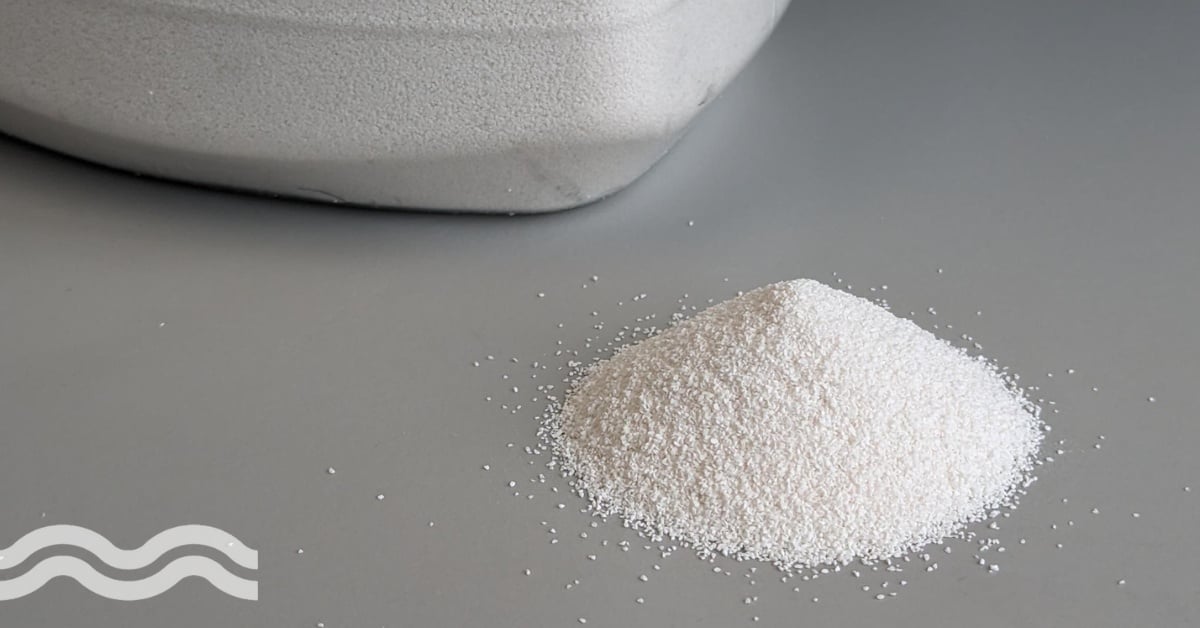Tackling PFAS exposure in agriculture gets EPA boost
.jpg?h=400&iar=0&w=1140)
The US Environmental Protection Agency (EPA) has awarded grant funding totalling €13.6 million to 10 institutions to research methods of reducing agricultural exposure to per-and polyfluoroalkyl (PFAS) substances.
Protecting farmland and communities
The research projects will engage rural communities in collecting PFAS bioaccumulation data in agricultural plants and livestock. The funding will also be used to explore strategies that can be used to reduce exposure.
Announcing the grants, Christopher Frey, assistant administrator for the EPA's Office of Research and Development, said: "Farming communities are the lifeblood of this nation. The research supported by these grants will increase our knowledge of how PFAS is impacting our farmlands and food supply and help ensure our farming communities stay viable for years to come."
Support from congress
One of the projects granted funding will involve the Passamaquoddy Tribe, Sipayik Environmental Department at Pleasant Point in Maine research PFAS accumulation in finfish and shellfish within coastal and inland waters of the Peskotomuhkati (Passamaquoddy) Homelands. The Pleasant Point peninsula is a traditional seasonal Passamaquoddy fishing village, central to a centuries-old way of life.
Meanwhile, the University of Main has been awarded funding to develop integrated mitigation strategies that can help farmers to reduce PFAS risks in forage and livestock systems.
State Congresswoman Chellie Pingree, who represents the 1st district of Maine has given the projects her full approval.
"Harmful 'forever chemicals' pose a significant threat to our food supply, farming communities, and public health, making it critical that we take bold steps to understand and mitigate their impacts. While Maine has been leading the nation in combating PFAS contamination, there is much to learn to be able to effectively address the threats created by the presence of these chemicals."
She added: "Federal investments in research are essential to finding innovative solutions, and I am thrilled that this funding will support the University of Maine's and the Passamaquoddy Tribe's research projects. As other states begin to navigate PFAS contamination, this research will serve as a valuable resource and model for how we can effectively reduce contamination nationwide."
Investigating a wide range of PFAS risks
Research teams will investigate a range of topics, including: how PFAS accumulates in crops and livestock; the effects of biosolids, compost and irrigation water on PFAS plant uptake and accumulation; and strategies to reduce the risks of PFAS contamination in the food supply.
The full list of topics and institutions is as follows:
- Michigan State University, East Lansing, Michigan - Comprehensive Evaluation of Fate, Transport, Bioaccumulation and Management Solution of PFAS on a Crop and Livestock Farm that Received Biosolids.
- Passamaquoddy Tribe, Sipayik Environmental Department, Pleasant Point, Maine - PFAS Accumulation in Finfish and Shellfish Species within the Coastal and Inland Waters of the Peskotomuhkati (Passamaquoddy) Homelands.
- Temple University, Philadelphia, Pennsylvania - Investigating the Effects of Irrigation Water, Compost and Biosolid Qualities on PFAS Uptake by Edible Crops in Urban Gardens and Farms.
- Texas A&M University, College Station, Texas - PFAS-MAPS: PFAS Mitigation and Monitoring in Amended Plant Systems.
- Texas Tech University, Lubbock, Texas - Evaluating and Mitigating Bioaccumulation of PFAS in Plant, Mammalian and Aquaculture Systems.
- University at Albany, State University of New York Albany, New York - Practical Management of PFAS Contaminated Agricultural Soil Using an Innovative Platform Integrating Experimental Research and Machine Learning Approaches.
- University of Illinois, Urbana, Illinois - Plant Uptake and Mitigation of PFAS Associated with Sewage Effluent and Biosolids Application in Tile-Drained Field.
- University of Maine, Orono, Maine - Developing Integrated Mitigation Strategies to Help Farmers Reduce PFAS Risks in Forage and Livestock Systems.
- University of Utah, Salt Lake City, Utah - PFAS in Land-applied Biosolids in Agricultural Settings: A Mechanistic Understanding on Fate and Mitigation.
University of Virginia, Charlottesville, Virginia - Novel, Bio-enabled Strategies to Prevent Per- and Polyfluoroalkyl Substances Accumulation in Crops and Food Webs.


